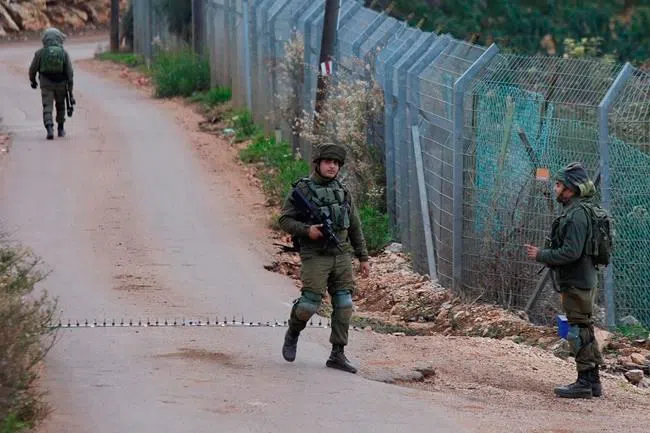
Israeli operation targets Hezbollah cross-border tunnels
JERUSALEM — The Israeli military launched an open-ended operation Tuesday to destroy what it said was a network of attack tunnels built by Hezbollah, saying it had foiled a plot by the Iranian-backed militant group to carry out a deadly infiltration in northern Israel.
Israeli forces did not enter Lebanese territory, and there was no immediate reaction from Hezbollah. But the Israeli announcement threatened to push the bitter enemies closer to an open confrontation for the first time since a bruising 2006 war. The military said it had protectively increased forces along the border and warned Hezbollah to keep its distance from the tunnels.
“Hezbollah knows well that whoever attacks the state of Israel will paid a very heavy price,” Prime Minister Benjamin Netanyahu said in a nationally televised address in the evening. “What has been revealed to you now is but a small part of the bigger picture of our preparations and our activities and the activities we’re planning.”
The Israeli operation began shortly after Netanyahu returned from a surprise trip to Brussels to meet U.S. Secretary of State Mike Pompeo. Netanyahu said he had discussed the operation with Pompeo, and he planned to talk to other world leaders, including the U.N. secretary-general.